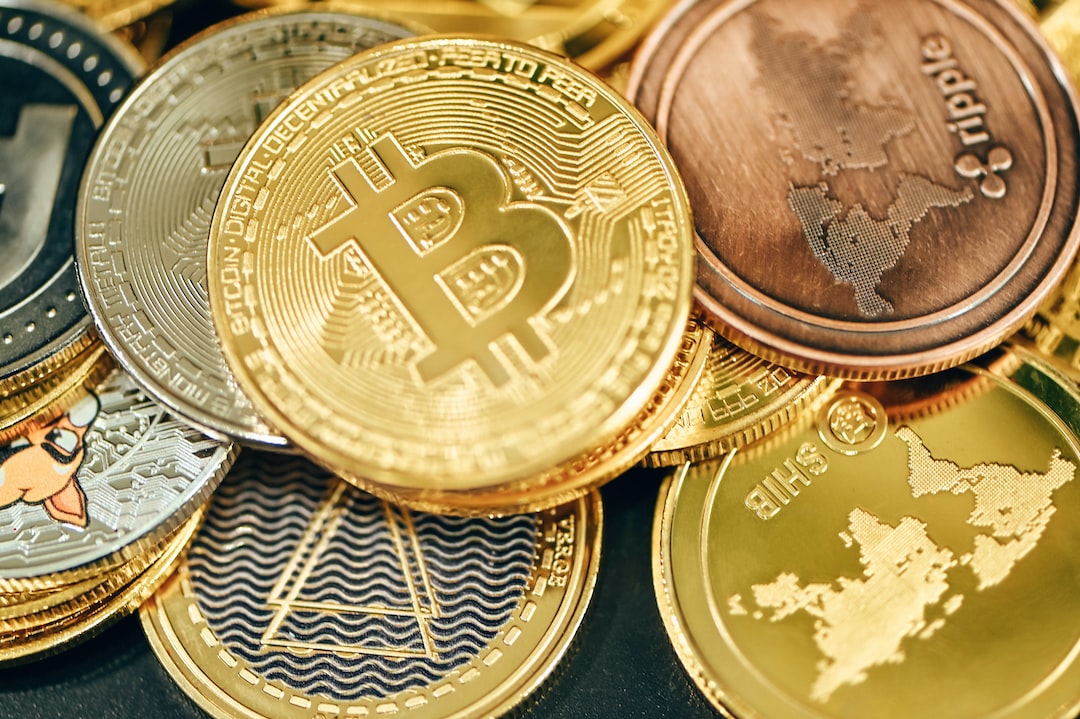Blockchain Gaming Faces Development Challenges
Blockchain gaming is a fledgling industry that has encountered significant challenges, leading to many games being put on hold by their developers or shifting to different chains. A report from Game7, a decentralized community focused on blockchain gaming adoption, revealed that 157 blockchain games were halted in 2022, and 43 titles were halted in 2023.
According to George Isichos, a core contributor at Game7, financial support was a major issue for the games that stopped development this year. Most of the affected blockchain games were from very small studios, with only a few “AA” or “AAA” games being shut down.
Financial Troubles Impact Games
The majority of Web3 games are indie games, with 42% classified as “indie,” while 40% are considered “midsize.” Only 5% are “AA” games and just 1% are “AAA” titles. Financial struggles were particularly challenging for smaller studios and older titles.
More Chains, More Competition
The number of gaming-focused blockchain networks increased from 37 in 2022 to 53 in 2023. The rise in networks has led to increased competition among blockchains seeking game developers to use their platforms.
Ethereum’s mainnet remains the most popular choice for blockchain games, followed by Polygon and Binance’s BNB Chain. Many games have adopted Ethereum-compatible sidechains or scaling networks instead of using layer-1 blockchains like Ethereum’s mainnet.
Games on the Move
In 2023, there was a significant increase in the number of blockchain games migrating to different networks. Many games moved to Polygon, Immutable, and Arbitrum. Reasons for migration included lower costs and concerns about market and regulatory issues.
Developers cited various reasons for switching chains, including lower costs, market uncertainty, anxieties related to centralized platforms like Binance, and an opportunity to connect with other games using Ethereum sidechains.
Hot Take: Blockchain Gaming Adaptation Amidst Challenges
Blockchain gaming faces hurdles related to funding, network competition, and regulatory concerns. Despite these challenges, game developers are finding ways to adapt by switching chains and exploring new opportunities on different platforms.





 By
By
 By
By
 By
By
 By
By
 By
By